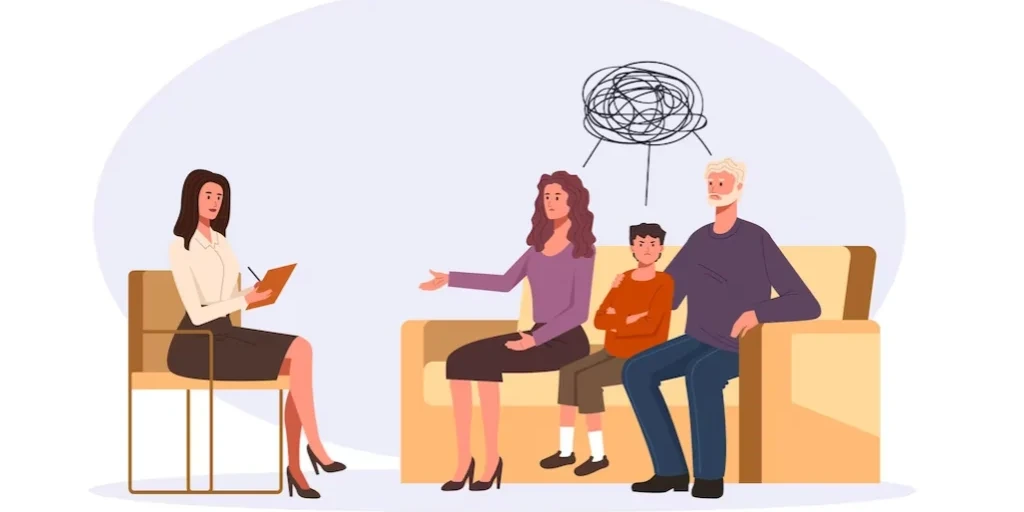24/7 Helpline:
(866) 899-221924/7 Helpline:
(866) 899-2219
Learn more about Bipolar Disorder Treatment centers in Greenwood
Bipolar Disorder Treatment in Other Cities

Other Insurance Options

MVP Healthcare

CareFirst

EmblemHealth

Lucent

Medical Mutual of Ohio

Private insurance

Kaiser Permanente

Group Health Incorporated
Beacon

American Behavioral

Access to Recovery (ATR) Voucher

Health Partners

Ceridian

United Health Care

Cigna

Health Net

Premera

Health Choice

Ambetter

WellCare Health Plans




























































































































Region Ten Community Services Board – Crozet
Region Ten Community Services Board is a non-profit rehab located in Crozet, VA. Region Ten Communit...





































































